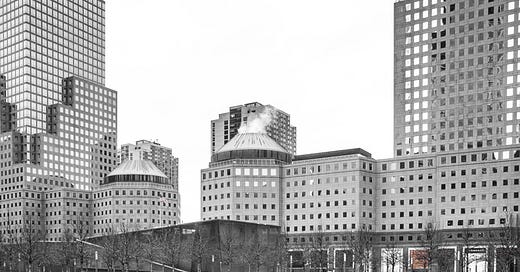As we approach the twentieth anniversary of 9/11, David Martin Jones and M.L.R. Smith consider the legacy of the West’s cultural representation of the war on terror. They argue a jaundiced approach to jihadism and terrorism speaks to the West’s inability to defend core values of liberalism and democracy.
As the twentieth anniversary of 9/11 passes, we can begin to see, as through a glass darkly, how the long war on terror affected the West’s cultural self-belief. In strategic terms the long wars launched after 9/11, as the recent fall of Kabul to the Taliban has demonstrated, spectacularly failed to advance a liberal international order.
Little attention, however, has been given to what impact two decades of media representation of jihadism, asymmetric violence and military intervention has had upon western popular culture. Movies, novels, art and popular music, all addressed the global war on terror from a variety of perspectives. However, the prevailing tone might be summarised as, at best, agnostic, at worst, self-lacerating. A study of this area reveals some distinctive insights about the modern West and where it currently stands in relation to its ability to defend core values such as liberalism and democracy.
Overall, the evolving cultural response to the war on terror was to adopt a jaundiced standpoint. Few movies or novels took a positive view of the decision to invade Iraq in 2003. Kathryn Bigelow’s The Hurt Locker (2008) and Clint Eastwood’s American Sniper (2014) were perhaps the exceptions. They offered the most conventionally supportive treatment of the US military and intelligence agencies fighting the good fight overseas. So, too, did a number of country and western singers whose songs might, and occasionally did, serve as a musical accompaniment to America’s external interventions in Afghanistan and Iraq.



